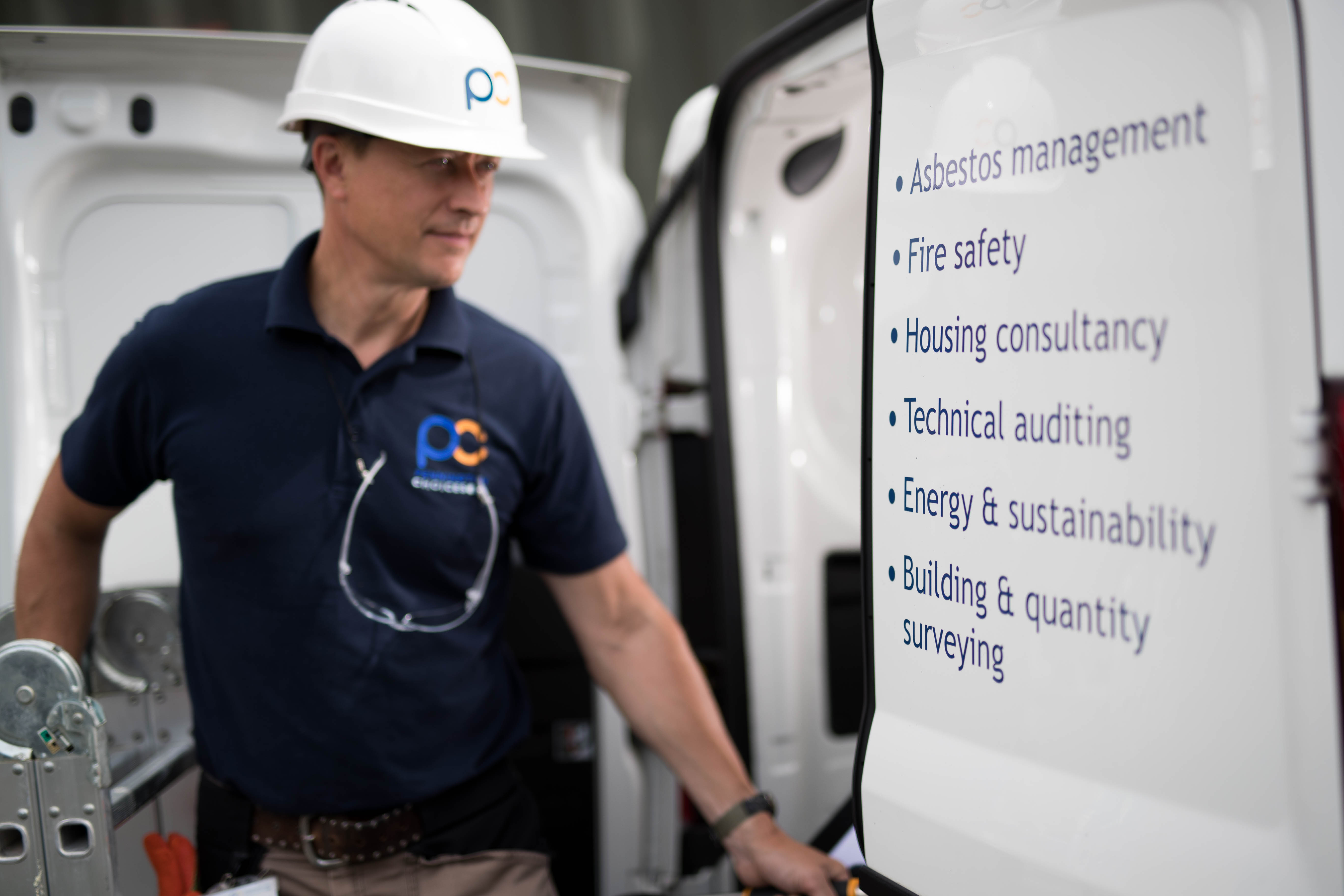Sign up to our newsletter
By Mark Seaborn, Managing Director of Pennington Choices
Our worlds have been turned upside down over the last six weeks or so. Mine certainly has. Juggling the most intense period of my working life, with looking after two small children, leading the 140 odd members of the Pennington Choices team and trying to remain personally, vaguely sane has had its moments. I know I am not alone in this. But not all of what has happened has been ‘bad’. Much has changed for the better within all of our organisations. So how do we make sure we keep the ‘best bits’ and do not simply revert back to the old way of doing things?
Do not even think about hitting up your IT Director on speed dial as your first step. Most change management is about understanding what is going on for people and influencing their future behaviours. The starting point then is to explore their feelings and beliefs. About how work used to be for them. How it is now. How they hope it might be in the future and what are the things that are holding them back from realising this new nirvana. The concept of ‘limiting beliefs’ will feature heavily – the ‘rules’ that people have laid down in their minds as to how things are, which hold them back. Do not be surprised if some of these limiting beliefs are not just about their ability to do something, but also about what you as the leader or the organisation would ‘allow’ or be comfortable with. As the leader you will have your own limiting beliefs. Recognising them for what they are is vital, if you are not to become the thing that holds your team back. Good, open, challenging, coaching conversations are the order of the day here to really get under the skin of what is going on for your people.
We are all presently – whether we know it or not – forming new habits about how we work. For lots of people this is about working from home, remotely from your team, where Zoom and the like have become your new best friend. Personally, I have found myself having more and better quality contact with both colleagues and clients. It has been a revelation that this way of working could be better, not worse. The leadership challenge then is to support people in developing good habits, like making time to think, or having a break or simply remaining connected with colleagues outside of specific work tasks. Working from home or remotely should become more of the norm for most of us in the longer term with the economic and environmental benefits being significant. Leaders will need to plan for how these new habits are nurtured as we transition to the next phase of the current crisis and out the other side, so that the benefits are retained.
Our clients are a reasonable cross section of the social housing community. Some have more than coped with the practical change challenges around working from home, the supporting IT and delivering services. Others have not fared as well. If working remotely is to become the new normal, then the next stage in the change process is to address the practical bits. Clearly IT features heavily here, but so does thinking about what ‘office’ equipment people should have access to at home, how you make available office ‘support services’ and how you manage health and safety in the remote working environment. Now is the time for updated health and safety risk assessments to cover the new working challenges and almost certainly staff training.
One of the key components to making any change stick, is to ensure that there is clarity about the goals that the organisation or team is to work towards and what this means for individuals. Articulating a clear vision with some tangible objectives for how the new world of work will look like is game changing. Developing this, with your team is even more powerful. People need to understand the ‘why’ relating to any new vision – how does it tie into your organisations fundamental purpose; your reason for existing? Understanding at that level, engages with people at the most fundamental level. It inspires, it motivates, it galvanises. If your purpose is not clear and compelling, now is the time to work on this.
How Pennington Choices can help…
At Pennington Choices we have over 20 years’ experience in providing consultancy services to clients of all sizes across a range of sectors including: social housing, property, healthcare and sports and leisure. We know what good looks like, and our clients can support this.
.webp?width=600&height=150&name=Pennington%20Choices%20Logo%20(reduced).webp)





